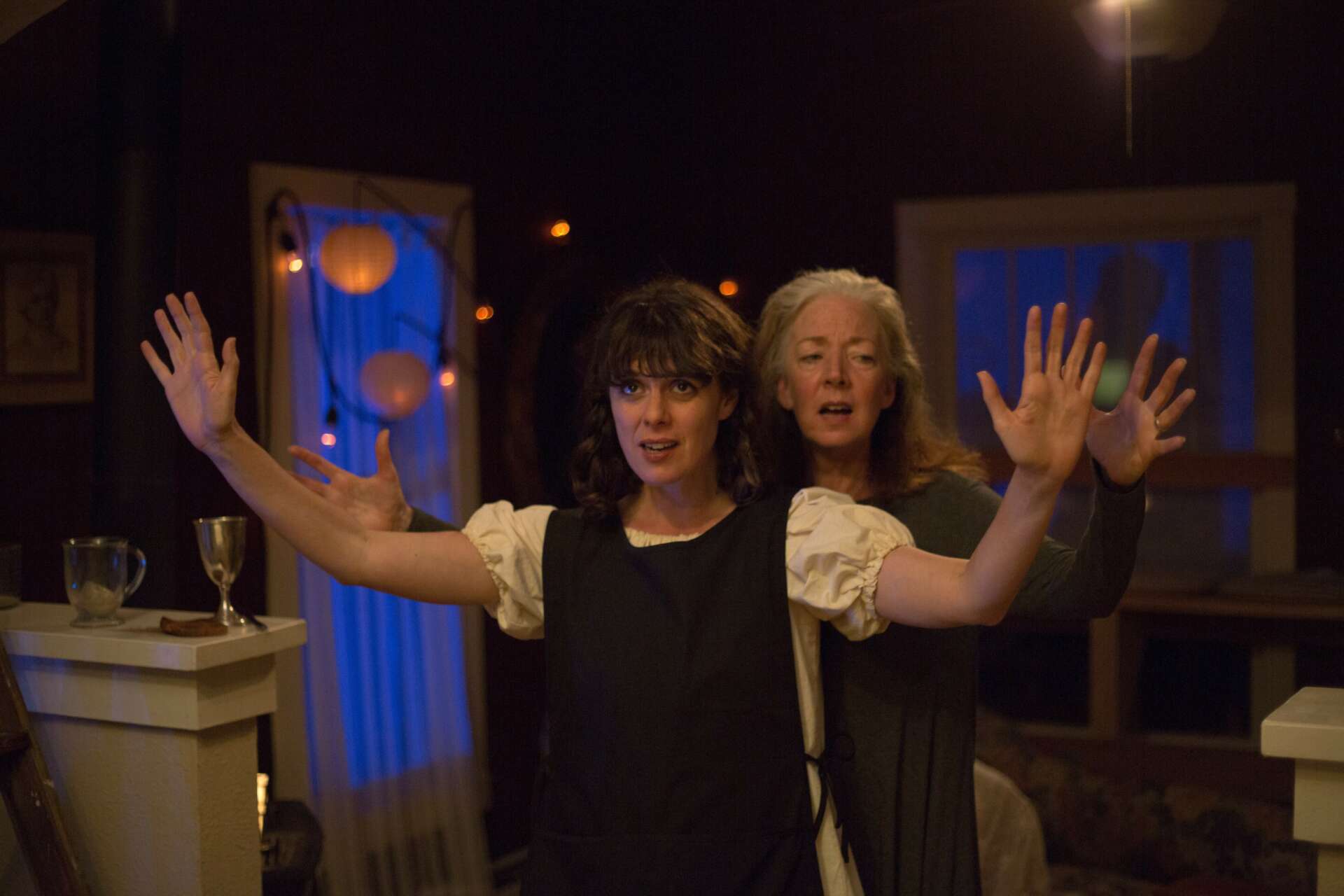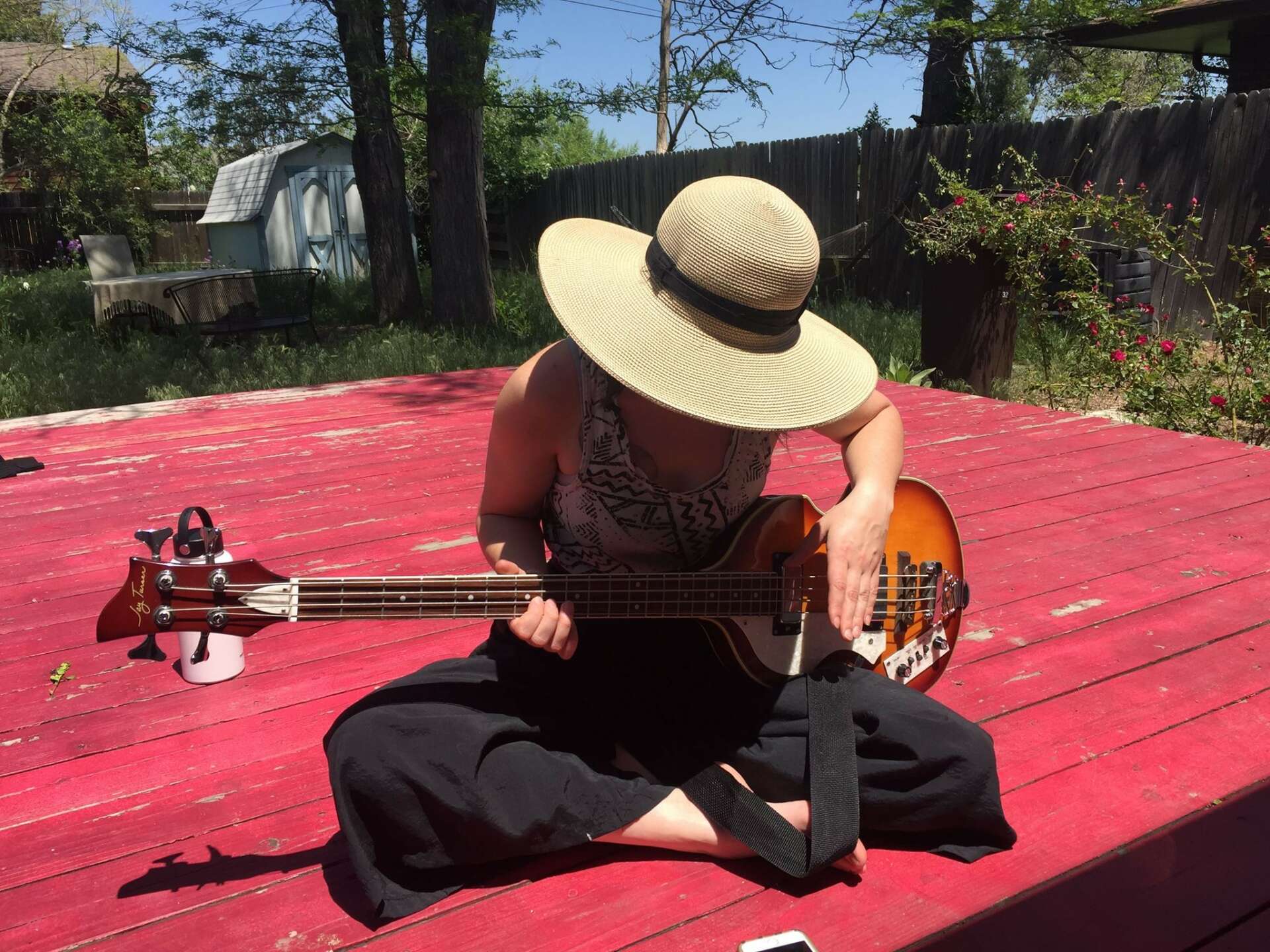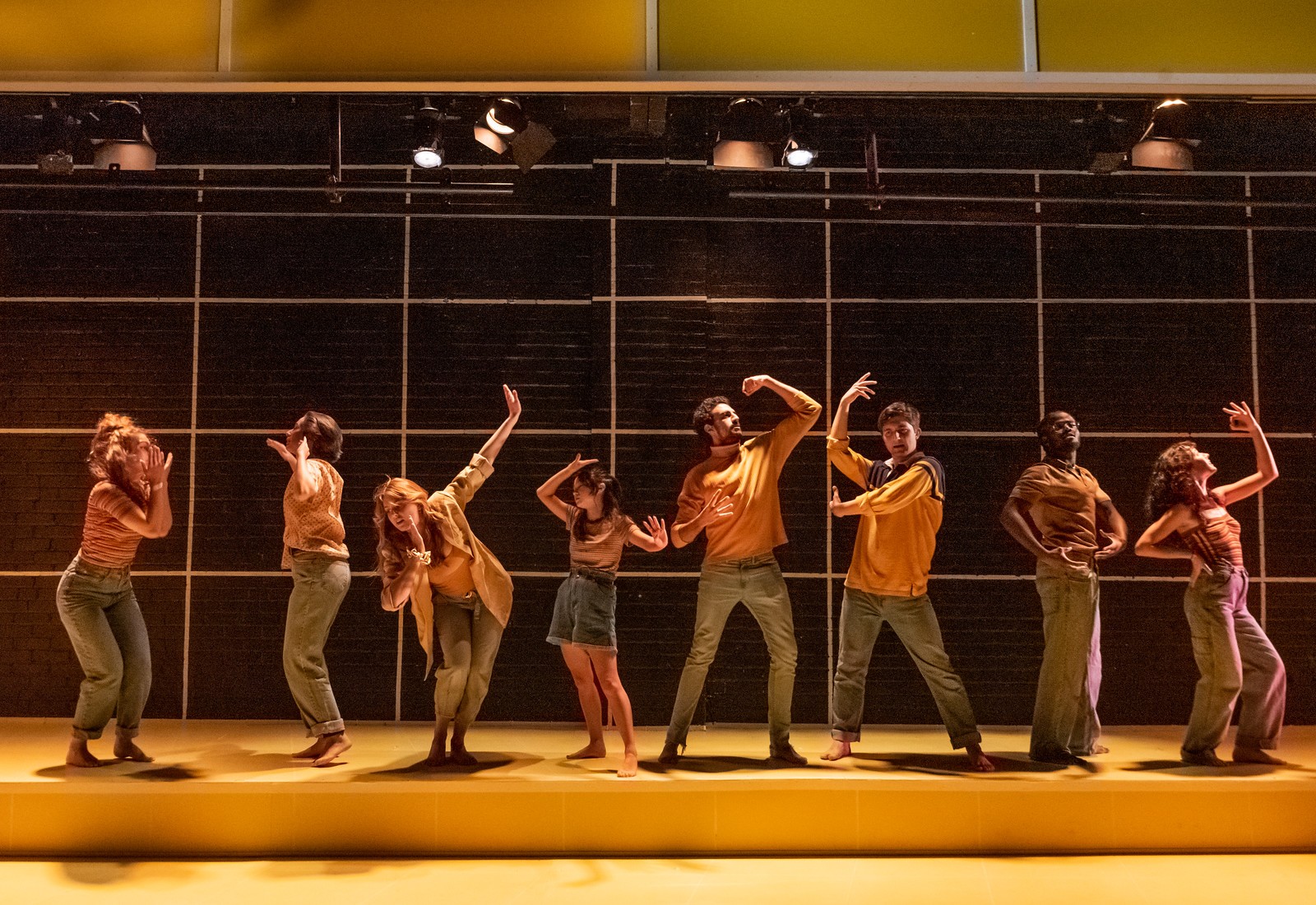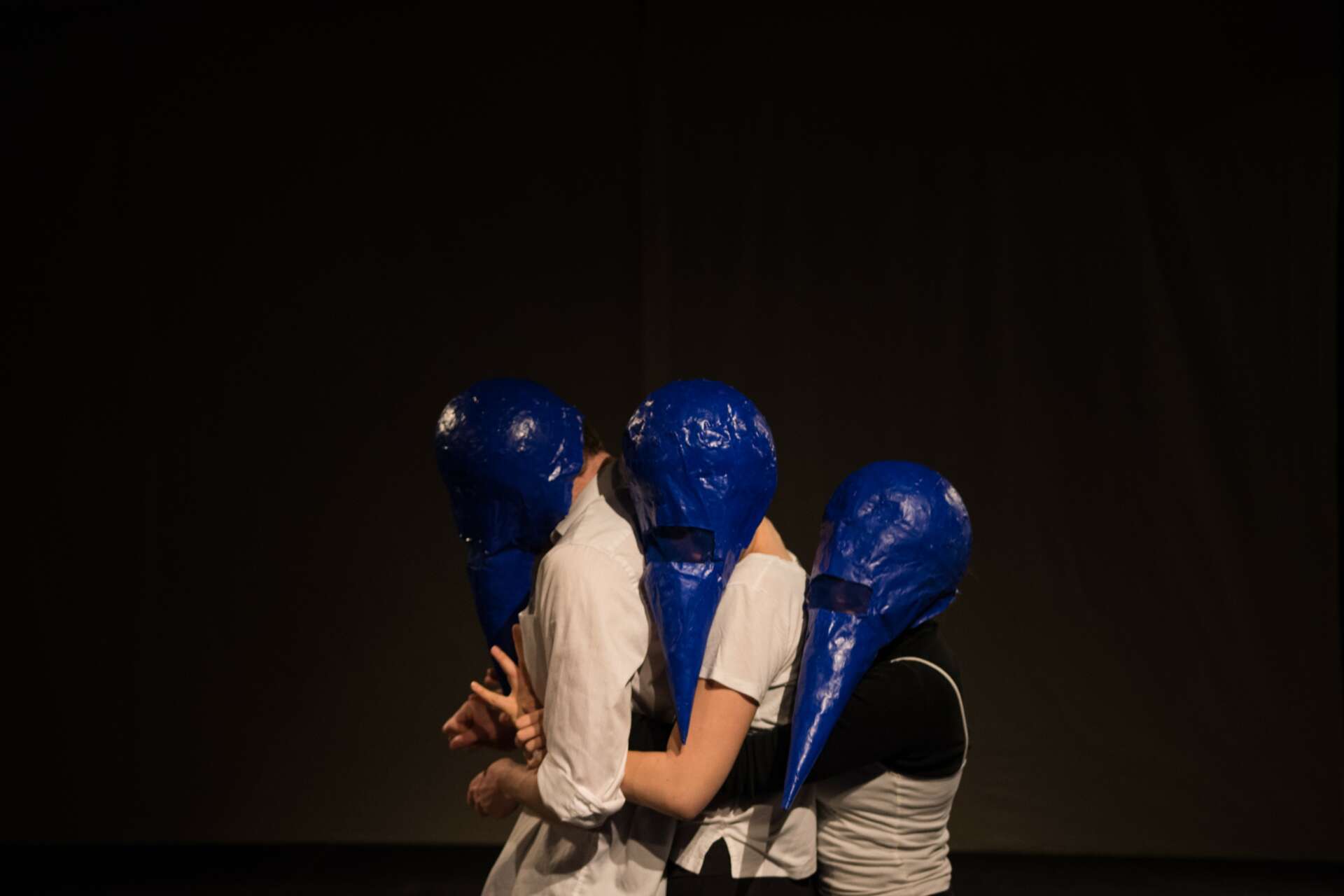Alright – so today we’ve got the honor of introducing you to Erica Terpening-Romeo. We think you’ll enjoy our conversation, we’ve shared it below.
Erica, looking forward to hearing all of your stories today. Are you happy as a creative professional? Do you sometimes wonder what it would be like to work for someone else?
When I zoom out, there is no question that I am happiest living a creative life. But of course, the doubts, instability, and uncertainty that go along with an artist’s life are bruising, and require a lot of resilience and foolhardiness to overcome. The good news for me is that the alternative most immediately available to me is a career in farming, which isn’t much more stable or certain, and is no less laborious, time-consuming or impractical. And there’s not much money in either. Because I already live this double life–farming half the time and then directing, teaching, and creating the other half–my perception of what counts as a “regular job” is conveniently warped. To me, in the little community where I live, the only “regular jobs” are carpentry and full-time farming. I don’t have the skillset to make a living as a carpenter, and there’s no real living to be made as a full-time farmer, so I can trick myself into believing my choices are totally reasonable, and that I’m cheating the system with my double life. This morning, for example, I spent the first hour of the day in the barn sweating through my Carharts, trying to coax an unwilling cow into a milking stanchion, using a shovel to catapult steaming piles of you-know-what over a fence into a chicken coop, and wrestling with 50lb bags of grain. then I spent the next hour hunched in our greenhouse harvesting spinach leaves to bag and then sell in our farm store. By the time all that was done, I was eager to “procrastinate” my many other farm tasks by thumbing through plays for a new acting syllabus, and honing my home recording set-up. Tomorrow, I will be just as eager to procrastinate my theatre and music work by heading back into the barn. In this way, I outsmart myself, and manage to *mostly* stave off fantasies about the greenness of other pastures.


Erica, before we move on to more of these sorts of questions, can you take some time to bring our readers up to speed on you and what you do?
I am never sure how to identify myself. I know we usually use slashes or hyphens to indicate multi-hyphenate careers, but that indicates that I am several different things simultaneously. What feels more true is that I have multiple, distinct professional identities, and that one of the wonderful/terrible challenges of my life is to try to figure out how to make them friends with one another. I am sometimes a member of a small farm team and the manager of a rural grocery store. I am sometimes a director and writer of plays and sometimes a teaching artist and coach of college actors. I am sometimes a singer-songwriter shyly crafting little songs. I am sometimes researching, developing, and sharing a theatrical method based in the functions of the nervous system.



Is there something you think non-creatives will struggle to understand about your journey as a creative?
I actually do not believe in the distinction between “creatives” and “non-creatives,” though I believe there is a distinction between those who believe in that distinction and those who don’t. In other words, people who identify as “non-creatives” believe there is something about me that makes me different from them, in some fundamental way. The insight I would like to share with them, if possible, is that creativity is a human birthright, not a specialization. Each of us has a right to and a need for a deep and personal relationship to art, just as we deserve a personal relationship to nature, and to the divine. Does that mean I believe everyone should pursue the arts professionally? Of course not. But creativity is like an essential vitamin or mineral; if you’re not getting enough of it from one source, you’ll need to figure out how to get it from another. My creativity is exercised in my job. But if it weren’t, I would have a responsibility to myself to get it exercised somewhere else. And as a “creative,” I also feel a responsibility to dispel this myth of my own specialness, even though I benefit from the myth. When I hear someone who identifies as “non-creative” say something like, “I could never do that! I could never write a song” or “I could never direct a play” or “I could never perform in front of people,” I do my best to gently steer the conversation towards their own creative capacities and yearnings, and the difference between what they “could never” do and what they “have never” done.
Have any books or other resources had a big impact on you?
Oh man, yes. I would like to loudly and heartily recommend the work of a trauma clinician named Deb Dana and her book, “Polyvagal Theory in Therapy.” She took a theory of the nervous system developed by neuroscientist Stephen Porges and applied that theory to her therapuetic practice. I won’t try to explain the theory here, I”ll just say that it completely altered my understanding of human behavior–my own and, crucially, the behavior of others. where I used to feel frustrated and mystified when creative collaborations seemed to be failing, I now have access to the only metric that matters: regulation and dysregulation. When I’m running a rehearsal room or classroom, it’s my responsibility to facilitate a regulating environment, where the other nervous systems in the room can settle into a state of safety and connection. In that state, where everyone has access to their higher faculties, real, productive collaboration is possible. If I fail to creative this kind of environment, and the room is full of nervous systems that are triggered into a state of activation (fight or flight) or a state of emergency de-activation (freeze), there is a real low ceiling on what we can achieve. Even with the best of intentions, the most advanced techniques and technologies, and the strongest incentives, a team of dysregulated bodies will not be able to reach their full potential. Deb Dana and Stephen Porges offered me a framework for reading my own and other people’s nervous systems, and it totally changed my life, personally and professionally. It’s like having a sixth sense.
Contact Info:
- Other: Email: [email protected]
Image Credits
Siena Larson, Stratton McCrady, Daniel Bastidas


